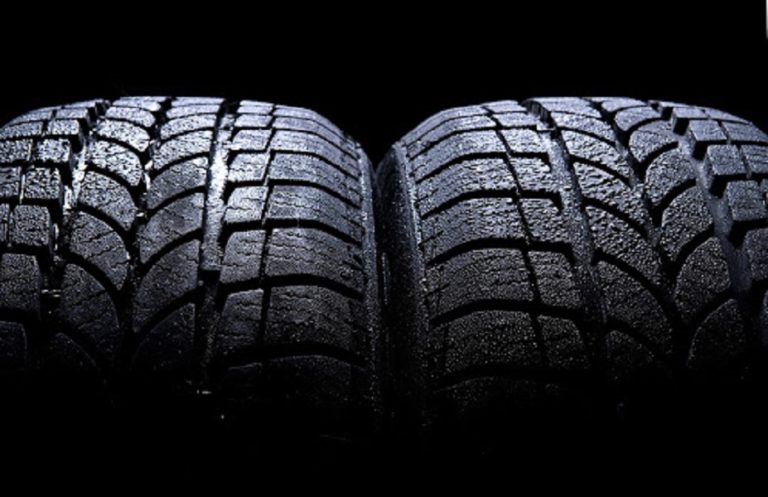You may have heard of using nitrogen for filling car tires and wondered about its benefits. Many people swear by nitrogen and say it is good for their tires and pocketbook. While regular air contains a lot of nitrogen, the type of air used in nitrogen fills is a purer, processed form. If you are considering using nitrogen to fill your next set of tires, here is more information about nitrogen and its tire benefits.
Why Do Tires Lose Air Pressure?
One reason people use nitrogen in their tires is to reduce the rate of air pressure loss. All tires lose pressure over time, even if you don’t drive your car. Here are some of the common reasons why it happens.
Osmosis
Oxygen naturally passes through the tire’s rubber structure over time. Some types of rubber allow for more osmosis than others.
Temperature Fluctuations
Tires tend to lose air pressure as the temperature drops but expand when the tire warms up. Therefore, your tires will have lower pressure in the morning, as well as when cooler weather approaches.
Cracks in the Valve Stem
Sometimes, your tire may be fine, but you could have a tiny crack in the valve stem. These cracks may cause a slow leak over time.
Out of Round Wheels
When your tires aren’t nearly perfectly round, the tire bead won’t seal the air in your tires. You may experience pressure drops at different rates depending on the severity of the problem.
Physical Tire Damage
Of course, if you have a standard puncture or a bent rim, you will lose air pressure quickly.
How Does Nitrogen Help With Air Pressure?
The theory behind nitrogen use in tires mostly has to do with the rate of air loss. Nitrogen molecules are larger, so they aren’t as affected by osmosis as regular air. Nitrogen-filled tires still lose pressure but at a slower rate. As a result, you will retain adequate tire pressure for longer and won’t be as affected by problems caused by temperature fluctuations.
What Other Benefits Does Nitrogen Have?
Nitrogen-filled tires are less affected by temperature changes, so your tire will retain more consistent pressure. Therefore, you maintain better rolling resistance. As a result, you may benefit from better gas mileage as well as less tire wear. Also, the nitrogen used to fill tires tends to go through a process to remove as much oxygen and moisture. Because of that, you could benefit from fewer water-related corrosion issues.
Are Nitrogen-Filled Tires Maintenance-Free?
Nitrogen-filled tires still require regular maintenance. You still need to check your tire pressure regularly and keep an eye out for damage and other issues. You will lose pressure over time, and your tires will wear out like any other tire. However, nitrogen-filled tires will have less frequent problems with these issues. You will likely need fewer air fill-ups than with regular air.
Can One Still Use Regular Air After Using Nitrogen?
Once you start to use nitrogen in your tires, you should continue to use it to get the most benefits. You can use regular air to top up your tire if you must. Regular air won’t damage your tires or wheels. However, the more regular air you put in, the less pure nitrogen remains in your tire. You could lose some of the nitrogen benefits. Fortunately, if your tires are in otherwise good condition, you may not need to fill them as often, anyway.
Nitrogen-filled tires can have potential benefits for some people. If you want to try it for yourself with your next set of tires, Evans Tire & Service Centers can help. We will not only sell you new tires, but we can also fill them with nitrogen. You can even come back when you need a top-off. Visit your neighborhood Evans Tire & Service Centers for your tire service needs.

